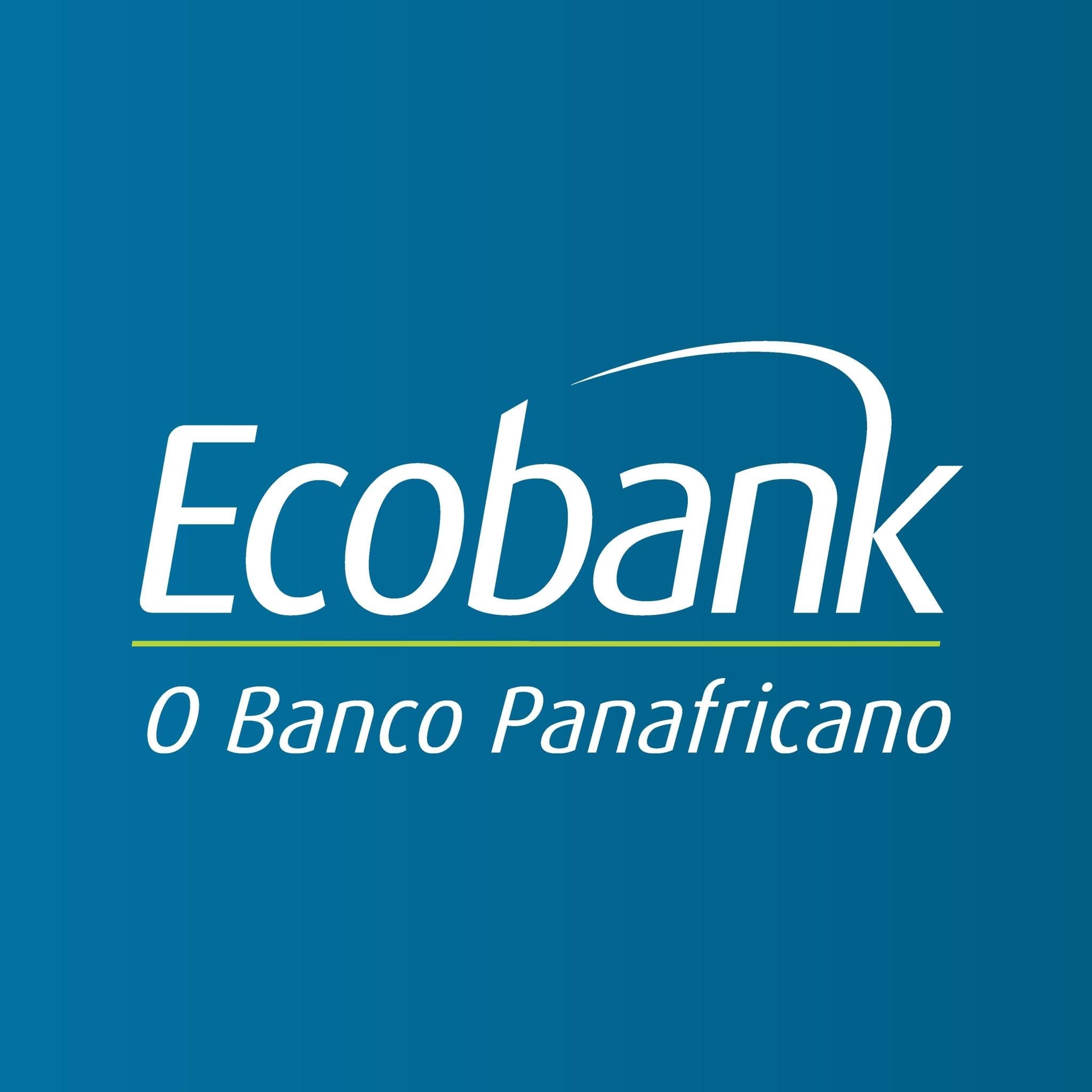

Cape Verde, an archipelago strategically located in West Africa, has established itself as an attractive destination for global investors, thanks to its stable political environment, favourable economic policies and a clear vision of sustainable development. In recent years, the country has seen robust economic growth, driven by strategic sectors such as tourism, renewable energies, technology and sustainable agriculture.
These areas have not only contributed to the diversification of the economy, but have also positioned Cape Verde as a model of development in the region.
The tourism sector, responsible for around 25% of the Gross Domestic Product (GDP), continues to be the country's main economic engine. In 2023, Cape Verde reached the historic milestone of one million annual guests, the result of investments in infrastructure and the promotion of sustainable practices, as highlighted in the Tourism Operational Programme (POT). At the same time, the country's commitment to achieving 50% of renewable energy by 2030, with flagship projects such as the Cabeólica wind farm, reinforces its role as a regional leader in the energy transition.
The commitment to technological innovation is also evident, with initiatives such as the Digital Cape VerdeThese investments have fostered digital entrepreneurship and attracted start-ups to the archipelago. In addition, the government has invested in digital connectivity, including the implementation of 5G internet, which promises to transform the provision of services, such as telemedicine, and improve the country's competitiveness.
The State Budget for 2025, in line with the Strategic Plan for Sustainable Development (PEDS II)This plan reinforces the commitment to social inclusion, economic cohesion and sustainability. This plan includes concrete measures to reduce extreme poverty, improve the living conditions of the population and promote balanced growth between the islands, transforming each one into its own economy.
With its strategic vision and future-orientated policies, Cape Verde presents itself as a promising market for visionary investors looking to combine profitability with social and environmental impact. The country offers a favourable business environment, tax incentives and opportunities in emerging sectors, consolidating itself as a benchmark destination for sustainable investments in West Africa.
Contents
The tourism sector in Cape Verde continues to be one of the main sources of revenue for the country, representing a significant opportunity for investors interested in sustainable practices. The growing demand for destinations that promote a balance between economic development and environmental preservation positions Cape Verde as an attractive destination for investments in sustainable tourism.
The construction of ecological hotels and resorts that use renewable energies and water management technologies is a promising area. Projects that integrate circular economy practices, such as wastewater reuse and solid waste reduction, have received tax incentives from the government. In addition, initiatives such as the development of ecological trails and community tourism activities are highly valued, promoting the involvement of local communities. (Island Express)
Although the islands of Sal and Boa Vista are the most visited, there is significant potential for tourism development on less explored islands such as Santo Antão and São Nicolau. These islands offer unique landscapes and opportunities for adventure and cultural tourism, areas that have seen an increase in global demand. Investing in transport and accommodation infrastructure in these regions can generate high returns in the medium term.
The Cape Verdean government has implemented policies to attract investors in the tourism sector, including tax exemptions for projects that promote sustainable practices. In addition, improved air connectivity, with an increase in domestic and international flights, facilitates access to the archipelago, making it more competitive in the global market.
Cape Verde is emerging as a regional leader in the adoption of renewable energies, with ambitious targets of achieving 50% of the energy matrix from renewable sources by 2030 and 100% by 2040. This sector presents significant opportunities for investors interested in clean and sustainable energy projects.
The Cabeólica project, a pioneering wind farm, is already making a substantial contribution to the country's energy matrix. In addition, solar and hybrid projects are being developed to increase installed capacity and improve energy efficiency. Investments in solar parks and energy storage systems are areas of focus, with support from institutions such as the African Development Bank.
The modernisation of energy transmission and distribution networks, including the replacement of analogue meters with smart meters, is another promising investment area. These projects not only improve energy efficiency, but also reduce technical losses, increasing the sustainability of the energy system.
Global Gateway has made 240 million euros available for investments in Cape Verde, 60 million of which are earmarked for the energy transition. Partnerships with international organisations, such as the European Union, have been key to financing and implementing projects in the sector. These collaborations offer investors a solid platform for developing innovative initiatives.
The information and communication technology (ICT) sector is emerging as one of the pillars of Cape Verde's economic diversification. With a young population and growing internet access, the country has the potential to become a technological centre in the African region.
The implementation of fibre-optic infrastructure and the increase in internet coverage, which already reaches 80% of the population, are factors driving growth in the sector. These improvements create a favourable environment for the development of startups and technology companies.
Initiatives such as Cabo Verde Digital are fostering entrepreneurship and technological innovation. Incubation and funding programmes for start-ups, especially in the areas of fintech and artificial intelligence, have attracted international investors. This dynamic environment offers opportunities for companies wishing to explore the African market through Cape Verde.
Investment in technological education is a priority, with the government implementing ICT training programmes in schools and universities. Partnerships with technology companies have facilitated the provision of internships and job opportunities for young talent, strengthening the innovation ecosystem. (Ministry of Finance)
The circular economy is gaining prominence as a strategic approach to promoting sustainability in Cape Verde. This economic model, which aims to reduce waste and maximise the reuse of resources, presents opportunities in sectors such as agriculture, construction and waste management.
The use of irrigation technologies and regenerative farming practices is transforming the agricultural sector. Investments in solutions that promote efficient water use and the reduction of chemical pesticides are incentivised by the government. These initiatives not only increase productivity, but also protect the country's natural resources.
The implementation of solid waste management systems, such as recycling and composting, is an area of great potential. Projects that integrate advanced technologies for the separation and reuse of materials have received financial support from international organisations.
Cape Verde has strengthened its trade partnerships, especially with the European Union and the Economic Community of West African States (ECOWAS). These collaborations are key to accessing new markets and strengthening exports.
The government has implemented economic reforms that include tax incentives and customs benefits to attract foreign investment. These measures make Cape Verde a competitive destination for companies looking to expand their operations in West Africa.
Joining regional trade agreements allows Cape Verde to benefit from preferential tariffs, increasing the competitiveness of its products on international markets. These partnerships also facilitate the transfer of technology and knowledge, promoting sustainable economic development.
The Cape Verdean government has implemented strategic measures to strengthen fiscal sustainability, with a focus on reducing the public deficit and fiscal consolidation. The 2025 State Budget foresees a deficit that is around 1% lower than in 2024, accompanied by a reduction in public debt. These initiatives aim to create a stable macroeconomic environment, which is essential for attracting investors and fostering economic growth.
In addition, the World Bank has recommended the adoption of a more efficient fiscal policy, including the mobilisation of domestic revenues and improving the quality of public spending. These reforms are crucial to creating additional fiscal space, estimated at between 3.65% and 4.15% of GDP, allowing the country to face external shocks and accelerate inclusive growth. (World Bank)
The modernisation of Cape Verde's tax system has been a fundamental pillar of the economic reforms. The government has introduced measures to make the country more competitive and attractive to foreign investment, including tax incentives and the creation of a favourable regime for taxing capital income. These actions aim to reduce public debt ratios and diversify funding sources. (Ministry of Finance)
In addition, the implementation of a Tax Arbitration Centre provides an efficient alternative for resolving tax disputes, promoting greater procedural speed and confidence in the legal system. This endeavour is complemented by the expansion of the network of Double Taxation Conventions (DTC), reinforcing Cape Verde's position as an attractive destination for international business.
The growth of credit to the economy, with an emphasis on the private sector, is a priority in the 2025 State Budget. This measure aims to boost entrepreneurship and innovation, allowing companies to expand their operations and contribute to economic development. (Ministry of Finance)
In addition, the government has promoted the creation of special economic zones and the simplification of bureaucratic processes, facilitating the establishment of new companies and foreign investment. These reforms are particularly relevant for strategic sectors such as tourism, renewable energies and technology, which have shown significant growth in recent years.
Government policies have emphasised sustainability and economic resilience, especially in the face of climate change. The 2025 State Budget includes investments in green infrastructure and renewable energy, with the aim of achieving 50% of renewable energy by 2030. This commitment positions Cape Verde as a regional leader in the energy transition, attracting investors interested in sustainable projects.
In addition, the country has focused on economic diversification, promoting sectors such as sustainable agriculture and waste management, which contribute to the circular economy and the creation of new markets. These initiatives strengthen economic resilience and create opportunities for companies aligned with the Sustainable Development Goals (SDGs).
Cape Verde has strengthened its trade partnerships and regional integration, promoting access to new markets and export diversification. In 2024, the country's exports, mainly seafood and clothing, recorded an increase of 15%, reaching 200 million euros. This growth reflects the positive impact of economic reforms and an improved business environment.
Joining regional trade agreements and creating tax incentives for diaspora investors are other strategies that have contributed to strengthening trade relations and increasing the country's competitiveness. These actions are complemented by efforts to combat illicit financial flows and improve institutional quality, promoting a more transparent and efficient business environment. (Island Express)
Cape Verde has invested in the creation of technological hubs to foster innovation and attract start-ups, consolidating itself as an emerging technological centre in the region. TechPark, located in Praia and Mindelo, is an example of an infrastructure that aims to promote the digital economy and the transfer of knowledge. This technology park has the potential to become a catalyst for the development of technological solutions adapted to local challenges, such as water resource management and renewable energies. (Island Express)
In addition, initiatives such as the Cabo Verde Digital programme have encouraged digital entrepreneurship by offering financial and technical support to start-ups. This programme is complemented by partnerships with universities and international organisations, which strengthen innovation capacity and promote technology transfer. Internet coverage, which already reaches 80% of the population, is a solid foundation for the growth of the technology sector.
The energy transition is one of the pillars of sustainable development in Cape Verde. The country aims to achieve 50% of renewable energy by 2030, with significant investments in solar and wind energy. Projects such as the Cabeólica wind farm and solar power stations on several islands exemplify the government's commitment to reducing dependence on fossil fuels. (World Bank)
The integration of advanced technologies, such as energy storage systems and smart grids, is being explored to improve energy efficiency. These initiatives not only reduce energy costs, but also make the country more resilient to external shocks, such as fluctuations in oil prices. The energy transition also offers opportunities for investors interested in sustainable projects aligned with the Sustainable Development Goals (SDGs).
Sustainable agriculture is a strategic area for Cape Verde, given its dependence on food imports and the challenges posed by climate change. Efficient irrigation technologies, such as drip systems and water desalination, are being implemented to maximise agricultural productivity. These solutions are particularly relevant on islands with limited water resources. (World Bank)
In addition, the government has been promoting organic farming practices and crop diversification to increase the sector's resilience. The sustainable management of natural resources, including the protection of marine and terrestrial ecosystems, is essential to guarantee food security and create new economic opportunities, such as ecotourism and marine biotechnology. (Island Express)
With more than 99% of its territory made up of sea, Cape Verde has enormous potential to develop the blue economy. Areas such as sustainable fishing, aquaculture and marine ecotourism are seen as drivers of economic growth. However, studies indicate that the country still lacks a structured ecosystem to support innovation and knowledge transfer in this sector.
To overcome these shortcomings, initiatives are being proposed such as the creation of a Blue Economy Technological and Scientific Park, which will integrate research, innovation and development. This project has the potential to attract international investment and position Cape Verde as a regional leader in the sustainable exploitation of marine resources.
Education and training are fundamental to sustaining economic growth based on innovation and sustainability. The Cape Verdean government has invested in modernising the education system, with an emphasis on areas such as science, technology, engineering and mathematics (STEM). These initiatives are complemented by vocational training programmes aimed at preparing the workforce for the challenges of the global market.
Partnerships with international institutions have been crucial for the transfer of knowledge and the development of local competences. These collaborations include academic exchange programmes and joint research projects, which strengthen the country's capacity to innovate and implement sustainable solutions.
Cape Verde is a promising market for visionary investors, with significant opportunities in strategic sectors such as sustainable tourism, renewable energies and technology. Tourism, one of the pillars of the Cape Verdean economy, is benefiting from government incentives and the growing demand for sustainable practices, and the potential for development on less explored islands such as Santo Antão and São Nicolau stands out. At the same time, the country's commitment to the energy transition, including the goal of achieving 50% of renewable energy by 2030, positions Cape Verde as a regional leader in sustainability, attracting investment in solar, wind and smart grids (Island Express).
The technology sector is also emerging as a driver of economic diversification, with initiatives such as Cabo Verde Digital and TechPark boosting entrepreneurship and innovation. The modernisation of digital infrastructures and investment in technological education create a favourable environment for startups and tech companies, consolidating the country as an emerging digital hub in the African region (CV Consultancy). In addition, the focus on the circular economy and sustainable agriculture strengthens economic resilience and promotes practices in line with the Sustainable Development Goals (SDGs).
Government policies focused on fiscal sustainability, tax modernisation and the creation of incentives for the private sector have improved the business environment, making Cape Verde more attractive to foreign investors. Regional integration and trade partnerships, especially with the European Union and ECOWAS, expand access to new markets and strengthen the country's competitiveness. This scenario, combined with a commitment to innovation and sustainability, positions Cape Verde as a strategic destination for long-term investments, with the potential to generate significant returns and a positive impact on the archipelago's economic and social development.







